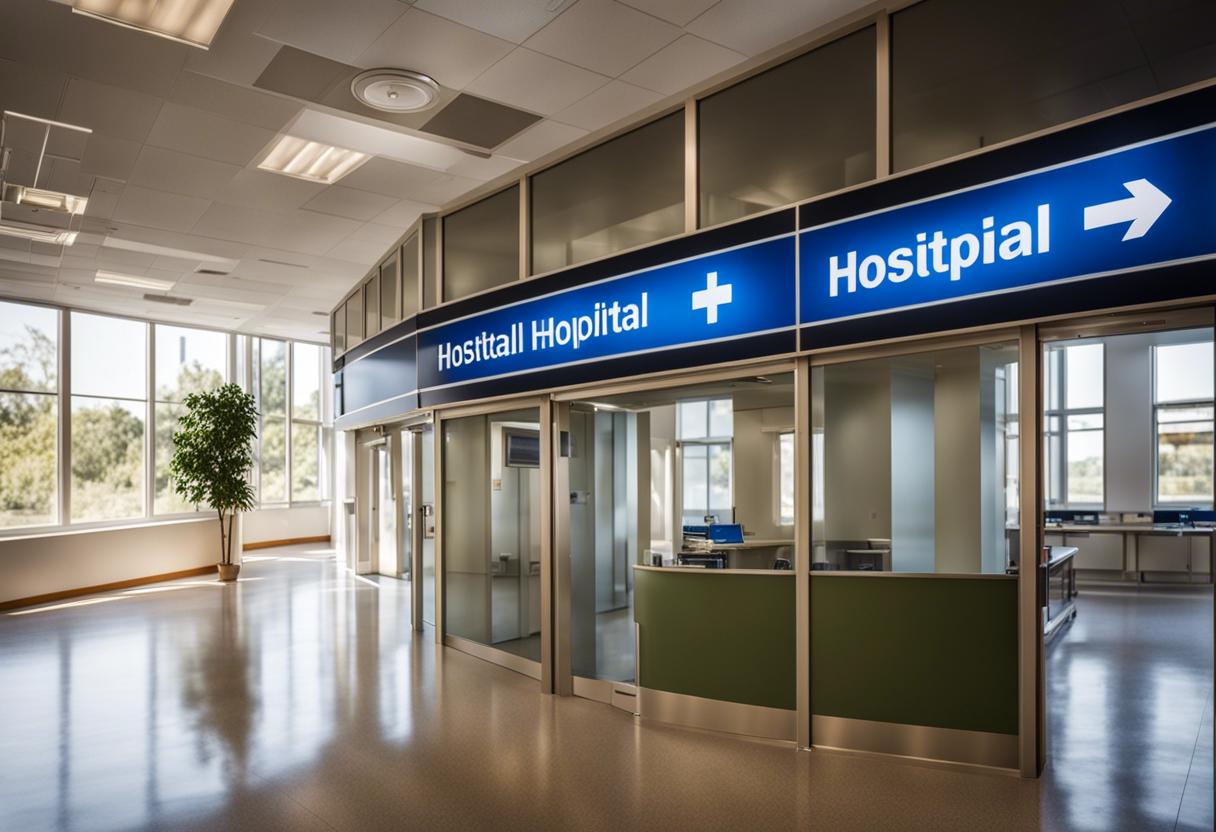In the process of examining the tragic demise of 16-year-old Aoife Johnston, Limerick coroner John McNamara was brought face to face with the dire conditions of University Hospital Limerick’s (UHL) emergency department (ED). This reality was presented through the tearful account of Dr Leandri Card, who had been Aoife’s doctor, where she conveyed the overwhelming nature of the ED’s current situation.
Dr Card, originally from South Africa and then serving as a senior house officer in UHL’s ED, recounted a bleak scene at the department on December 17th, 2022, likening it to a battlefield. Amidst trolleys crammed with patients, she strove single-handedly to attend to the pressing medical needs of an astounding 191 patients.
In an admission which highlighted the alarming extent of the problem, Dr Card conceded in front of the inquest at Limerick Coroner’s Court in Kilmallock, that the pressure had led the hospital staff to adopt precarious practices. Doctors regularly resorted to prescribing medication to ED patients before conducting any examination or consultation. Such practices were the only way to ensure that medications were issued quickly due to doctors being stretched thin handling patients.
Engaging with Damien Tansey, the senior counsel and solicitor for the Johnston family, Dr Card agreed that this was not a model of best practice. However, she defended it as a necessary action driven by the unsafe environment and the needs of the patients.
She further confirmed that such practices could undoubtedly lead to undesirable results for patients. Elaborating, she explained how on December 18th, she had prescribed antibiotics for Aoife at 6.40am upon suspicion of meningitis, but the teenager had to wait for an additional hour and 15 minutes before getting her medication.
In her testimony, Dr Card shared that the life-saving medication, which could potentially have spared her life, was not delivered as urgently as necessary. She noted that medicine storage was inaccessible to her, with usual practice being that medications were dispensed by nurses. However, she maintained that she was not putting blame on anyone for the delay, acknowledging that nurses tend to be swamped and may not be able to administer drugs as promptly as needed.
Dr Card admitted to being profoundly affected by Aoife’s passing and stated that doctors often find themselves without sufficient time to pore over patient medical records before prescribing medications. Instead, they typically rely on brief conversations with nurses who fill them in on the patient’s symptoms.
During the night Aoife was brought in by her parents, Dr Card was the sole SHO on duty in the emergency department, overseeing 191 patients single-handedly. A significant weather event had exacerbated the overcrowding problems in the ED. She reported that “category two” [CAT 2] patients, including Aoife, who were categorised as seriously ill, were deteriorating due to prolonged wait times to consult with a doctor.
The legal hearing uncovered that the UHL staff were not privy to any plans to manage patient circulation, even though the hospital had been forewarned about the weather alert. Dr Card shared that a CAT 2 patient, like Aoife, should typically wait between 10 and 15 minutes to see a doctor. Contrarily, Aoife had to wait for 12 hours on two chairs before Dr Card could attend to her. There weren’t any available trolleys, and her parents recounted her agony as they persistently sought help to no avail.
In a tearful admission, Dr Card referred to the situation in the Limerick ED as unbearable. She revealed that other CAT 2 patients were enduring longer waits than Aoife, with some waiting for an average of 19 hours, and category three patients, up to 39 hours.
Aoife arrived at UHL at 5.40pm on December 17th, 2022. The inquest heard that the hospital’s guidelines on sepsis, which necessitate the urgent attendance of patients suspected of sepsis, were not adhered to.
Aoife’s assessment didn’t occur until 7:15pm that particular evening, and by the time she was administered antibiotics, it was regrettably too late. Her demise at UHL took place on the 19th of December. Dr Card acknowledged the significant emotional toll Aoife’s death had on her. Stating it was a crucial influence in her choice to leave the HSE to commence work at a private healthcare clinic. She also confirmed that she has not worked in any accident and emergency ward thereafter. The inquiry is set to resume on Tuesday afternoon and is expected to conclude by Thursday.

